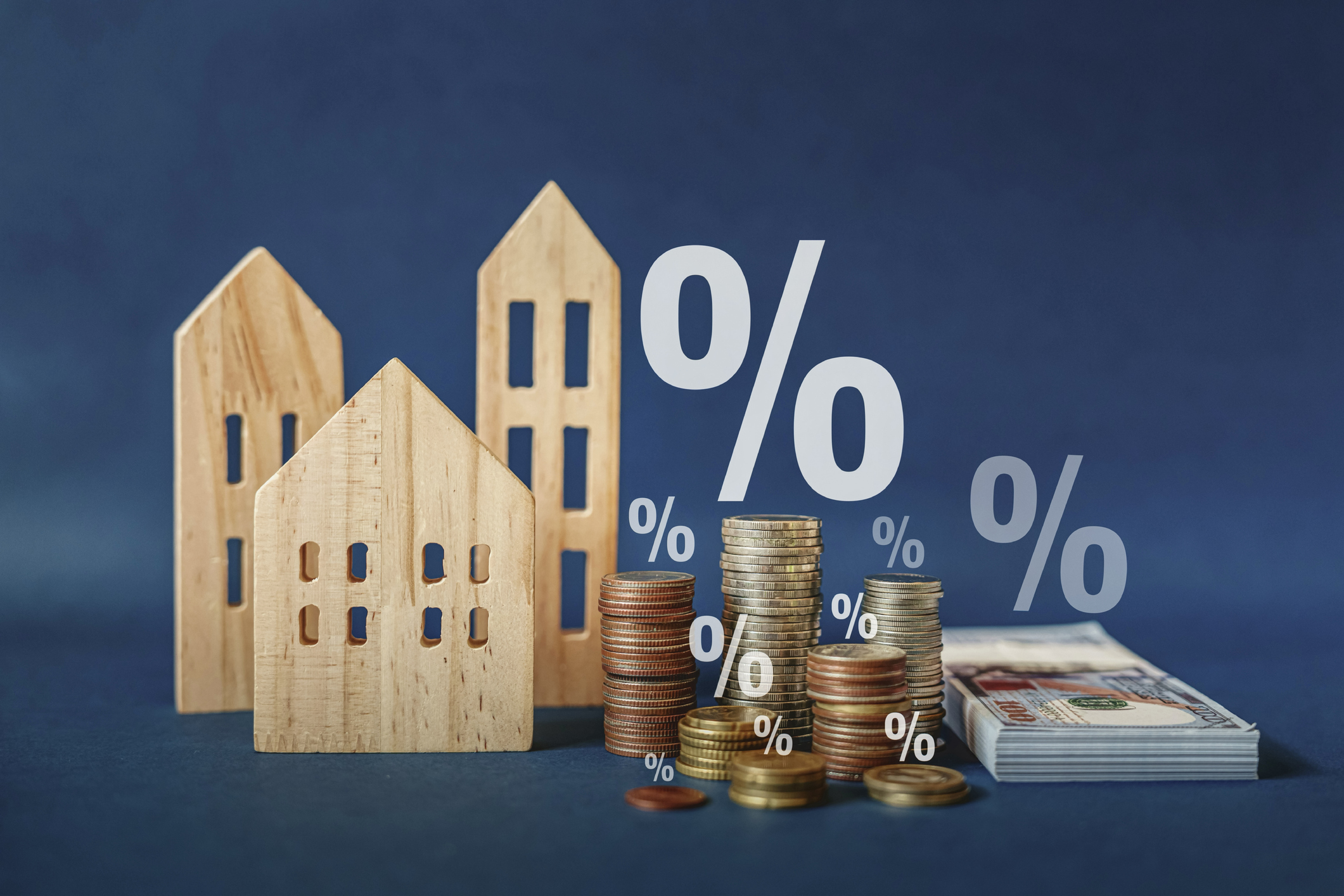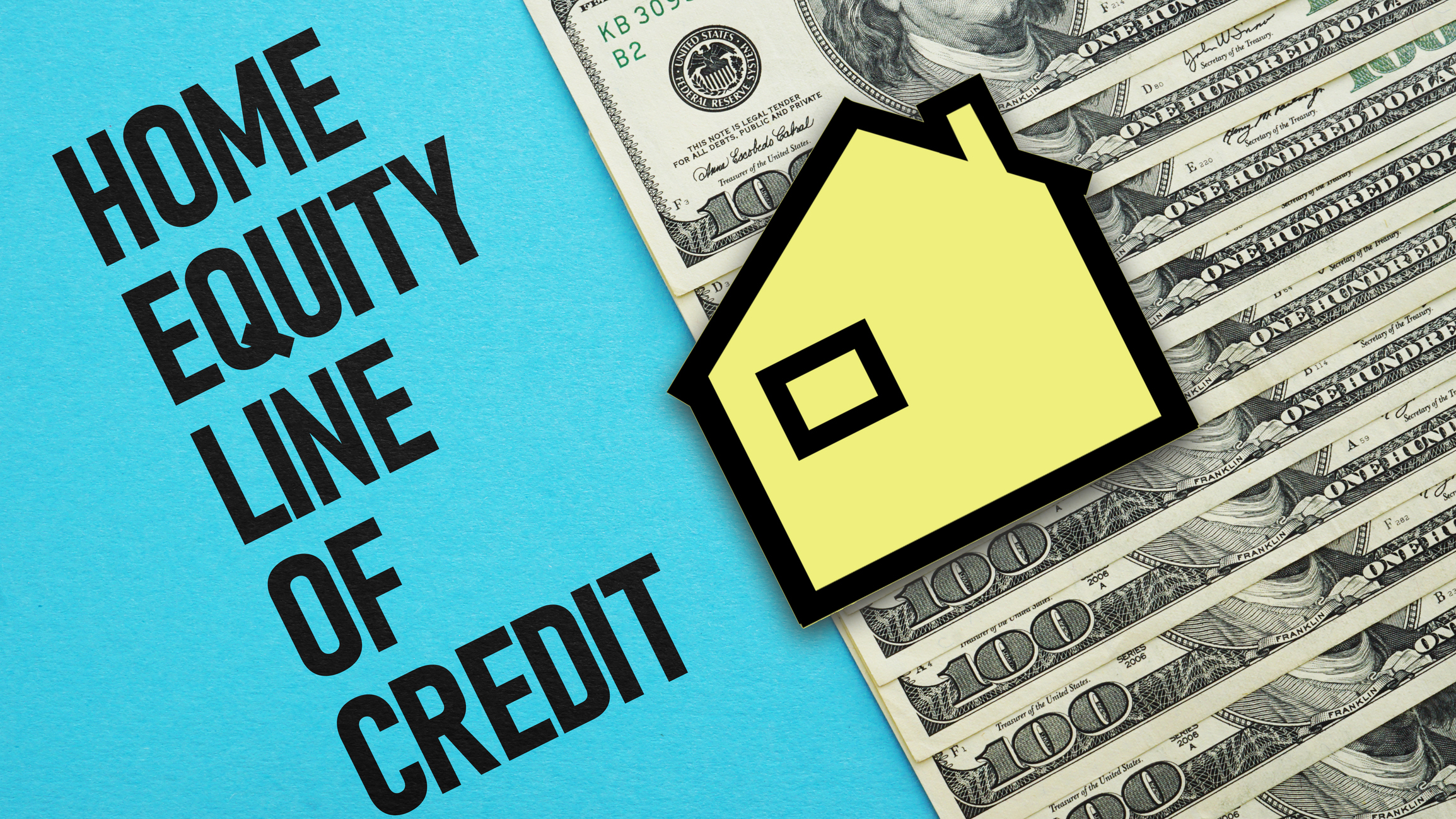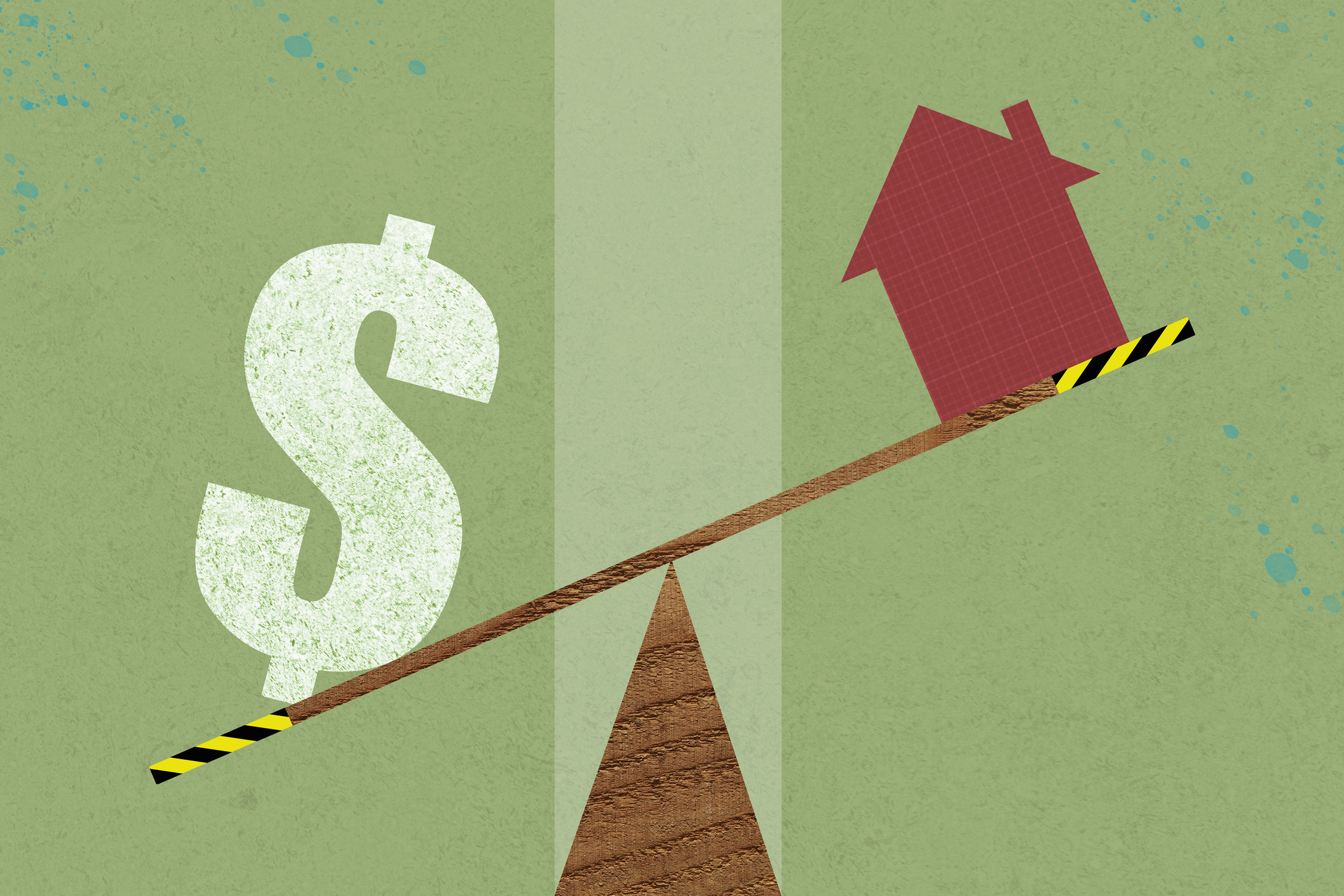Steep Mortgage Rates Stunt Home Buying Power
The high-rate environment of today’s housing market leaves potential homebuyers with less purchasing power than last year, study shows.


Profit and prosper with the best of Kiplinger's advice on investing, taxes, retirement, personal finance and much more. Delivered daily. Enter your email in the box and click Sign Me Up.
You are now subscribed
Your newsletter sign-up was successful
Want to add more newsletters?

Delivered daily
Kiplinger Today
Profit and prosper with the best of Kiplinger's advice on investing, taxes, retirement, personal finance and much more delivered daily. Smart money moves start here.

Sent five days a week
Kiplinger A Step Ahead
Get practical help to make better financial decisions in your everyday life, from spending to savings on top deals.

Delivered daily
Kiplinger Closing Bell
Get today's biggest financial and investing headlines delivered to your inbox every day the U.S. stock market is open.

Sent twice a week
Kiplinger Adviser Intel
Financial pros across the country share best practices and fresh tactics to preserve and grow your wealth.

Delivered weekly
Kiplinger Tax Tips
Trim your federal and state tax bills with practical tax-planning and tax-cutting strategies.

Sent twice a week
Kiplinger Retirement Tips
Your twice-a-week guide to planning and enjoying a financially secure and richly rewarding retirement

Sent bimonthly.
Kiplinger Adviser Angle
Insights for advisers, wealth managers and other financial professionals.

Sent twice a week
Kiplinger Investing Weekly
Your twice-a-week roundup of promising stocks, funds, companies and industries you should consider, ones you should avoid, and why.

Sent weekly for six weeks
Kiplinger Invest for Retirement
Your step-by-step six-part series on how to invest for retirement, from devising a successful strategy to exactly which investments to choose.
Rising mortgage rates and inflationary pressures have hit the housing market substantially over the last year, leaving homebuyers with considerably less purchasing power than in 2022, a new report shows.
Although the Federal Reserve has paused its rate-hiking campaign, mortgage rates remain elevated. As of October 11, the average 30-year mortgage rate stands at 7.83%, according to Bankrate — near more than 22-year highs. A recent report from Redfin shows mortgage rates have climbed from 6.6% to 7.7% year over year. Mortgage rates directly impact the monthly housing payment new home buyers are responsible for. As such, budgets won’t stretch nearly as far as they did last year.
For example, the lower rates of early 2022 (about 3.5%) with a $3,000 monthly payment budget would have allowed for a home priced at $595,000. Purchasing a home today with a 7.7% interest rate and the same monthly payment budget would only buy you a $419,000 home. That’s a drop of $176,000 in purchasing power over less than two years.
From just $107.88 $24.99 for Kiplinger Personal Finance
Become a smarter, better informed investor. Subscribe from just $107.88 $24.99, plus get up to 4 Special Issues

Sign up for Kiplinger’s Free Newsletters
Profit and prosper with the best of expert advice on investing, taxes, retirement, personal finance and more - straight to your e-mail.
Profit and prosper with the best of expert advice - straight to your e-mail.
For a closer year-over-year comparison, October of 2022 saw rates at around 6.6%. If you bought a home at that time, you’d still be able to afford almost $40,000 more than today’s buyers. That $3,000 monthly budget would’ve allowed a home purchase of $457,000.
High prices and low inventory
Buyers willing to brave the high-rate environment will also need to brace for sticker shock as home prices have risen as well. With housing inventory still struggling to reach a balanced supply, the remaining home sellers on the market are asking for more.
In the four weeks ending October 1st, the median sale price for U.S. homes overshot last year’s prices by 2.9% at approximately $371,000, according to Redfin’s latest report. The asking price for those homes was even higher at almost $390,000 — a 4.6% increase from 2022. So while high rates are deterring many buyers, the inventory crunch is helping inflate the prices of homes hitting the market and making it more expensive than ever to purchase a home.
Redfin’s report also found that monthly mortgage payments are at the highest recorded level. During the reporting period ending October 1st, the median monthly mortgage payment was $2,710 — up by 10% from last year.
Use our tool, in partnership with Bankrate, to compare mortgage rates from different lenders.
Inventory inching higher
Although housing inventory has been slow to catch up with demand, there was a recent bump in the supply. September’s additions to the housing market created the highest number of months in supply since March. Typically the benchmark is four-to-five months of supply, and currently, we’re at 3.3 months. Inventory still isn’t ideal for potential buyers since sellers have the upper hand, but it’s an improvement nonetheless.
Related Content
Profit and prosper with the best of Kiplinger's advice on investing, taxes, retirement, personal finance and much more. Delivered daily. Enter your email in the box and click Sign Me Up.

Seychelle is a seasoned financial professional turned personal finance writer. She’s passionate about empowering people to make smart financial decisions by combining 10 years of finance industry experience with solid research and a wealth of knowledge. Seychelle is also a Nav-certified credit and lending expert who has explored money topics such as debt consolidation, budgeting, credit, and lending in her work for publications including GOBankingRates, LendEDU, and Credible.
-
 Stocks Shrug Off Tariff Ruling, Weak GDP: Stock Market Today
Stocks Shrug Off Tariff Ruling, Weak GDP: Stock Market TodayMarket participants had plenty of news to sift through on Friday, including updates on inflation and economic growth and a key court ruling.
-
 You Received a Life Insurance Payout. Here's How to Avoid an IRS Audit.
You Received a Life Insurance Payout. Here's How to Avoid an IRS Audit.You received a big check from your loved one's life insurance policy. Will the IRS be expecting a check from you now?
-
 Supreme Court Strikes Down Trump Tariffs: What's Next for Consumers and Retailers?
Supreme Court Strikes Down Trump Tariffs: What's Next for Consumers and Retailers?Tax Law This landmark decision will reshape U.S. trade policy and could define the outer boundaries of presidential economic power for years to come.
-
 Is the Housing Market's 'Lock-In Effect' Finally Starting to Ease?
Is the Housing Market's 'Lock-In Effect' Finally Starting to Ease?As mortgage rates stabilize and fewer owners hold ultra-low loans, the lock-in effect may be losing its grip.
-
 What to Watch for When Refinancing Your Home Mortgage
What to Watch for When Refinancing Your Home MortgageA smart refinance can save you thousands, but only if you know how to avoid costly pitfalls, calculate true savings and choose the right loan for your goals.
-
 Builders Are Offering Big Mortgage Incentives — What Homebuyers Should Watch For
Builders Are Offering Big Mortgage Incentives — What Homebuyers Should Watch ForBuilder credits and below-market mortgage rates can ease affordability pressures, but the savings often come with trade-offs buyers should understand before signing.
-
 Trump Signals Plan to Ban Institutional Investors From Buying Single-Family Homes
Trump Signals Plan to Ban Institutional Investors From Buying Single-Family HomesThe president says the move could improve housing affordability. Here’s what the data show about investor ownership, recent buying trends and what it could mean for homebuyers.
-
 How Much Income You Really Need to Afford a $500,000 Home
How Much Income You Really Need to Afford a $500,000 HomeAs home prices increase, the income needed for a house is also climbing. We break down what you need to earn to afford a $500,000 home.
-
 How Much Would a $50,000 HELOC Cost Per Month?
How Much Would a $50,000 HELOC Cost Per Month?Thinking about tapping your home’s equity? Here’s what a $50,000 HELOC might cost you each month based on current rates.
-
 Should You Tap Your Home Equity Before 2026?
Should You Tap Your Home Equity Before 2026?As borrowing rates and tax law shifts converge, here's what homeowners need to know before pulling equity out of their home.
-
 What to Know About Portable Mortgages
What to Know About Portable MortgagesA closer look at how portable mortgages would work, who might benefit and why the concept is gaining attention amid high rates and limited supply.